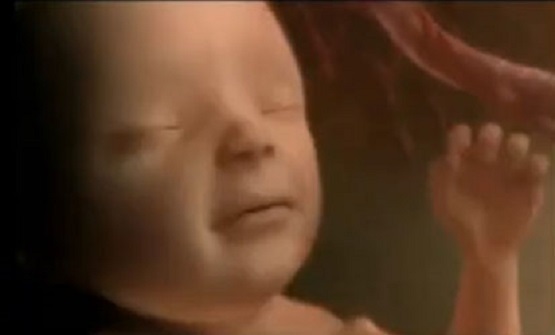Indiana received bad news this Christmas season when a judge struck down part of a state law prohibiting the trafficking of aborted baby body parts.
The Indiana Lawyer reports Chief Judge Jane Magnus-Stinson of the U.S. District Court for the Southern District of Indiana sided with Indiana University researchers on Friday, arguing that most of the law was unconstitutional.
The university sued the state in 2016 after lawmakers passed a law prohibiting the acquisition, receipt, sale or transfer of aborted baby body parts. Violations would be a felony.
The purpose of the law is to stop the sales of aborted baby body parts. It came about after a series of undercover videos by the Center for Medical Progress exposed Planned Parenthood and other abortion facilities potentially illegally selling aborted baby parts. Earlier in December, news broke that the U.S. Department of Justice officially is investigating the abortion chain.
According to the report, Magnus-Stinson said the law violates five provisions of the Constitution: the dormant commerce, equal protection and due process clauses, the prohibition against regulatory takings and the First Amendment. She said parts of the law also were unconstitutionally vague.
“A person of ordinary intelligence could not determine what constitutes a ‘transfer’,” she said. Later, the judge continued, “[T]he First Amendment prevents states from enacting statutes prohibiting conduct in which the University would like to engage, and then teach about.”
The judge allowed one part of the law to remain: the prohibition of the sale of aborted baby body parts, according to the report.
Indiana University researchers argue in their lawsuit that the measures will jeopardize their research and stifle their academic freedom, the Indy Star reports. The lawsuit claims the effects on scientific research could be “dramatic” and catastrophic.”
Previously, Dr. David Prentice, vice president and research director for the Charlotte Lozier Institute, said the Indiana University lawsuit does not contain any proof that aborted babies’ body parts are necessary for scientific research.
“Their complaint makes vague statements about the need for the research, as well as the oft-cited but unproven claim that they will not be able to hire research faculty if the prohibition remains in effect,” Prentice said. “However, their claims lack any substantive proofs that the research use of aborted fetal tissue is critical or unique.”
Follow LifeNews.com on Instagram for pro-life pictures and the latest pro-life news.
A number of scientific researchers also have publicly stated that aborted babies’ body parts are not essential to medical advancements.
In an op-ed in the Milwaukee Wisconsin Journal Sentinel last September, six doctors explained why using fetal “tissue” for research is unethical and unnecessary for scientists.
“The argument that fetal-derived tissues must be used in research to develop medical treatments is false,” they wrote. “Many therapies have been developed using cell lines not of fetal origin, including insulin for diabetes (produced in bacteria), Herceptin for breast cancer and tissue plasminogen activator for heart attack, stroke and pulmonary embolism (both developed in Chinese hamster ovary cells).”
Mike Fichter, president and CEO of Indiana Right to Life, previously said researchers have access to multiple alternative tissue sources that do not involve taking the life of an unborn child.
“We believe aborted babies’ bodies should be treated humanely and with respect,” Fichter said in a statement. “Indiana University’s admittance to using parts from aborted babies for their research also raises concerns about whether or not the pregnant women gave their informed consent for their babies’ bodies to be used in research.”








